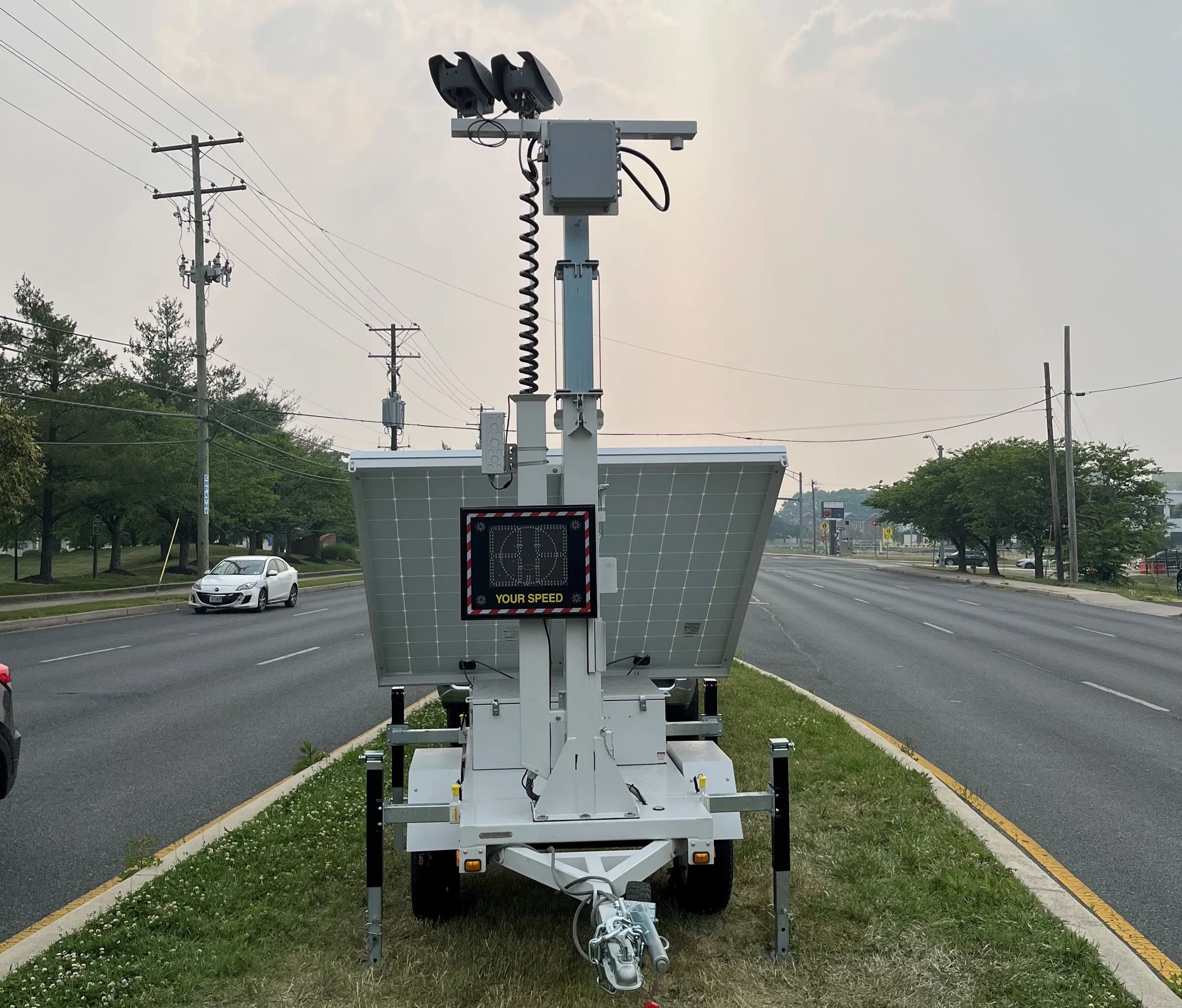A consortium of Shell Deutschland Oil and Shell Energy Europe with partners ITM Power, SINTEF, thinkstep and Element Energy plans a project to install a large scale electrolyser to produce hydrogen at the Wesseling refinery site within the Rheinland Refinery Complex.
With a capacity of ten megawatts, this would be the largest unit of its kind in Germany and the world’s largest PEM (Polymer Electrolyte Membrane) electrolyser. This electrolyser technology is also suitable to improve the stability of the electricity grid with a growing share of intermittent renewable energy sources, such as from solar and wind.
The consortium has been invited to the preparation of a grant agreement by the European Fuel Cells and Hydrogen 2 Joint Undertaking (FCH 2 JU), following a competitive call for proposals.
Today, the refinery uses approximately 180,000 tons of hydrogen per year in its various plants. The hydrogen is currently produced as a by-product of the refining process or through natural gas reforming, while electrolysis uses electricity to split water into the base components of hydrogen and oxygen.
The project aims to enable the construction and operation of a large scale10 MW electrolyser that can produce high quality hydrogen and CO2 free hydrogen while demonstrating technology and cost improvements through up-scaling and new business applications. Electrolysis using low-cost renewable electricity could be a key technology for a potential CO2 free hydrogen production in the Shell Rheinland Refinery.
Shell consortium plans bulk hydrogen production project
A consortium of Shell Deutschland Oil and Shell Energy Europe with partners ITM Power, SINTEF, thinkstep and Element Energy plans a project to install a large scale electrolyser to produce hydrogen at the Wesseling refinery site within the Rheinland Refinery Complex. With a capacity of ten megawatts, this would be the largest unit of its kind in Germany and the world’s largest PEM (Polymer Electrolyte Membrane) electrolyser.
September 4, 2017
Read time: 2 mins









